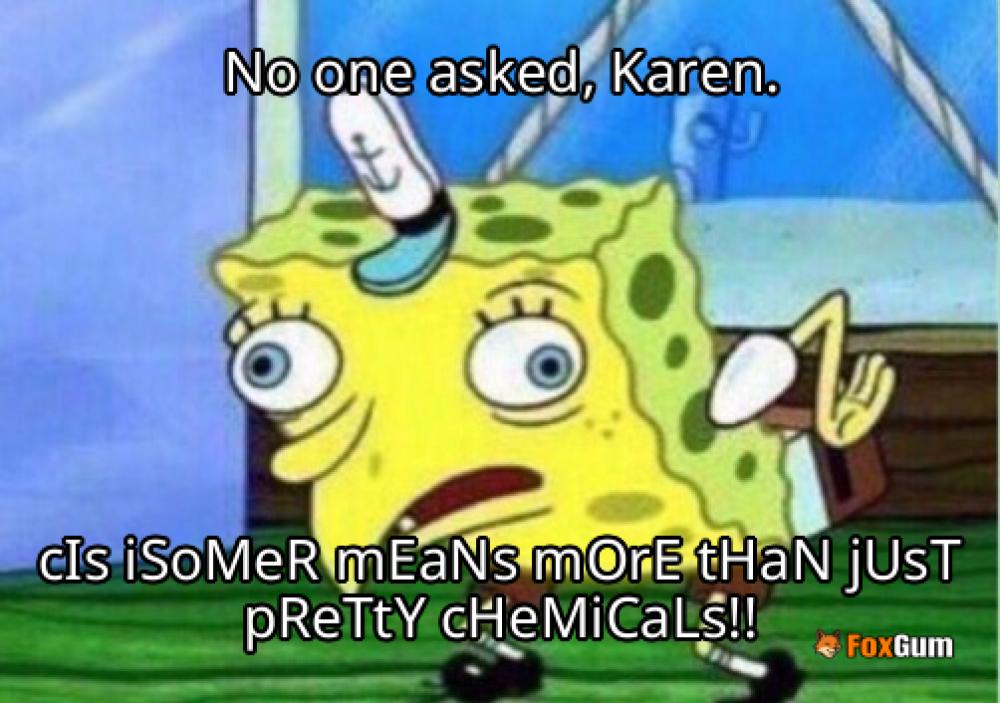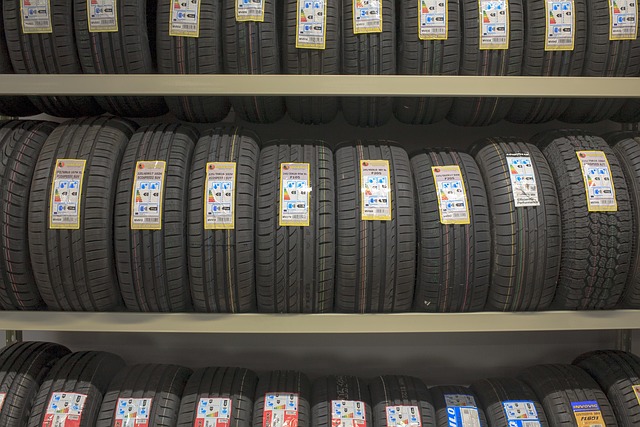
Jet Fuel and Its Octane Rating
Jet fuel is a specialized type of fuel designed for aircraft engines, primarily used in jet engines and turboprop engines. Unlike automotive gasoline, jet fuel has distinct characteristics that make it suitable for aviation. One of the critical aspects of jet fuel is its octane rating, which plays a significant role in its performance and safety.
What is Octane Rating?
Octane rating is a measure of a fuel's ability to resist premature detonation, commonly referred to as "knock." In automotive fuels, a higher octane rating indicates that the fuel can withstand greater compression before igniting. This property is essential for high-performance engines, which operate at higher pressures and temperatures.
Jet Fuel Types and Their Characteristics
Jet fuel is categorized mainly into two types: Jet A and Jet A-1, which are kerosene-based fuels. These fuels have different properties compared to gasoline, including density, flashpoint, and freezing point. While gasoline typically has an octane rating ranging from 87 to 100, jet fuels do not have a direct octane rating in the same way.
Jet A and Jet A-1
Jet A and Jet A-1 are the most common types of jet fuel used in commercial aviation. They have a higher density than gasoline and a higher flashpoint, making them safer to handle. The freezing point of these fuels is also lower than that of gasoline, which is crucial for high-altitude flights where temperatures can drop significantly.
Comparing Jet Fuel and Gasoline
While both jet fuel and gasoline are used as fuels, their applications and properties differ significantly. Here are some key differences:
- Density: Jet fuels are denser than gasoline, which affects their energy content and combustion characteristics.
- Flashpoint: Jet fuels have a higher flashpoint than gasoline, making them less volatile and safer for storage and transport.
- Freezing Point: Jet fuels can operate effectively at much lower temperatures compared to gasoline, which is vital for aviation.
- Emissions: The emissions produced by jet fuel combustion differ from those of gasoline, impacting environmental considerations.
Can Jet Fuel Be Used in Diesel Engines?
Interestingly, Jet A can be used in diesel engines, although it is not recommended for regular use. Jet A lacks some of the lubricants found in road diesel fuel, which can lead to increased wear on diesel engine components over time. Therefore, while it is technically feasible, it is not practical for everyday use.
Conclusion
Understanding the octane rating and characteristics of jet fuel is essential for recognizing its role in aviation. While it does not have a traditional octane rating like automotive gasoline, its properties are tailored to meet the demands of flight. The differences between jet fuel and gasoline highlight the specialized nature of aviation fuels and their importance in ensuring safe and efficient air travel.

















 Toxic Mixtures: What You Need to Know
Toxic Mixtures: What You Need to Know 
 Health
Health  Fitness
Fitness  Lifestyle
Lifestyle  Tech
Tech  Travel
Travel  Food
Food  Education
Education  Parenting
Parenting  Career & Work
Career & Work  Hobbies
Hobbies  Wellness
Wellness  Beauty
Beauty  Cars
Cars  Art
Art  Science
Science  Culture
Culture  Books
Books  Music
Music  Movies
Movies  Gaming
Gaming  Sports
Sports  Nature
Nature  Home & Garden
Home & Garden  Business & Finance
Business & Finance  Relationships
Relationships  Pets
Pets  Shopping
Shopping  Mindset & Inspiration
Mindset & Inspiration  Environment
Environment  Gadgets
Gadgets  Politics
Politics 